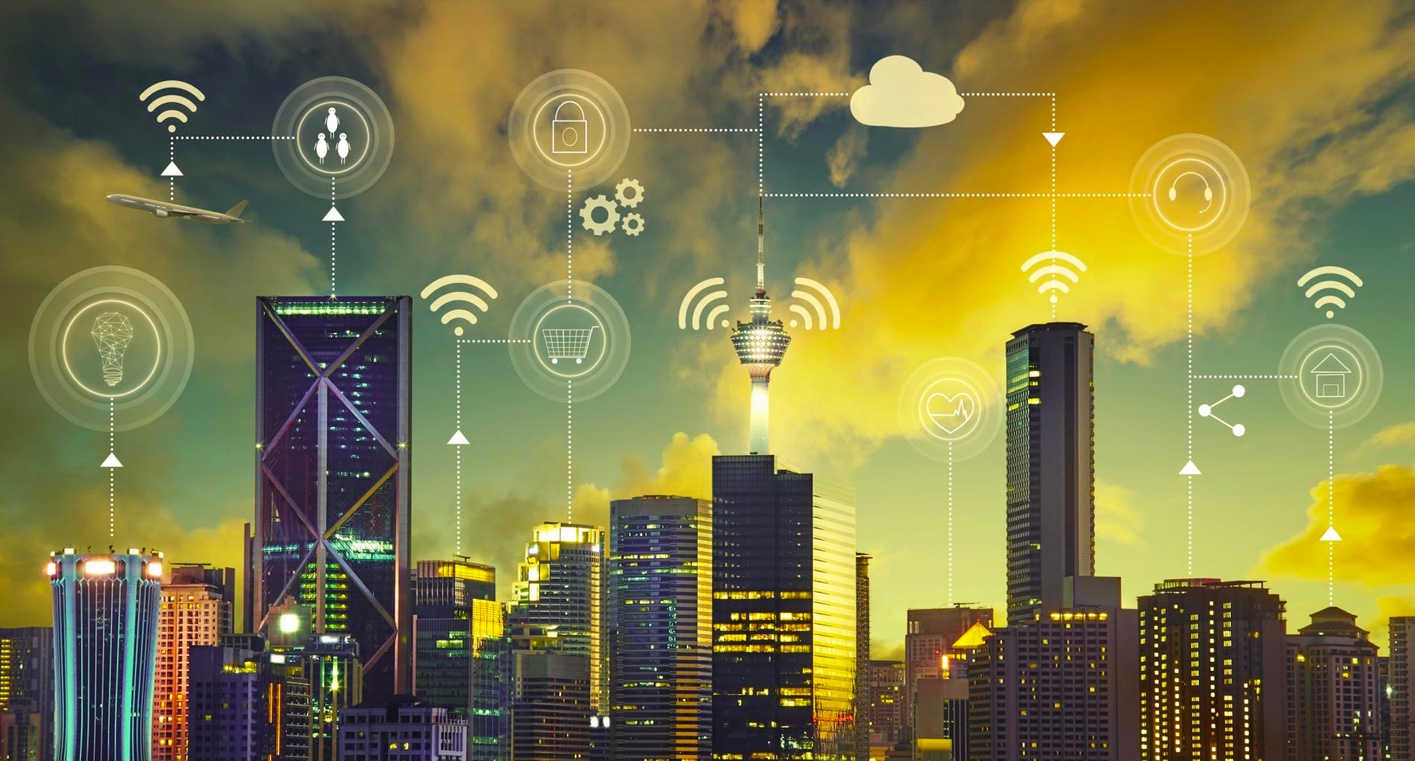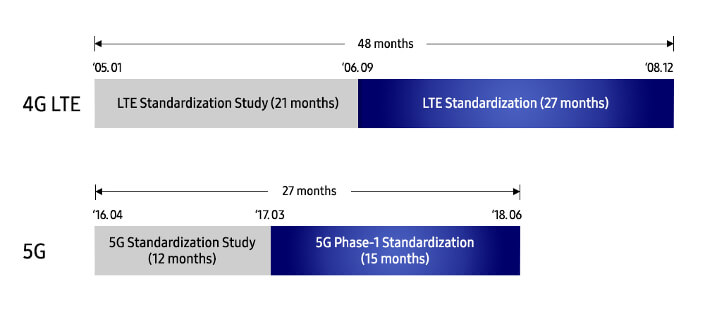Something to look forward to: The road to implementing 4G LTE was a long and arduous journey. It took nearly four years to design and implement the current standard of wireless communication. Now, 5G has been drafted and is ready for the Phase-1 standard in just 27 months.

Beginning in April 2016, Samsung Electronics hosted the Third Generation Partnership Project (3GPP) as the first meeting to discuss 5G standards. Over 80 telecommunications businesses were present. Two years later in May 2018, Samsung held a second meeting in Busan, Korea to complete the standardization process.
Using feedback from the Busan meeting this year, 3GPP will announce the 5G Phase-1 Standard at its general meeting held in the United States in June.

Next generation services using 5G will offer up to 20 times more performance than current 4G LTE options. In highly select markets, 5G will be available as soon as this year, but do not expect widespread availability for several more years.
A significantly faster development time for 5G is largely thanks to Japan, Korea, and the United States. An original target of 2017 was set by Samsung, but compromises were made to allow other participants in discussions to finish LTE projects before moving on to 5G.
Green lights from the FCC to go ahead with greater-than-6GHz frequencies offered the opportunity to push towards 5G in full force. As one of the leaders in 5G development, Samsung has registered over 1,200 patents related to 5G as of May this year.
Commercialization of 5G will be a heated race in the second half of 2018 once the Phase-1 standard is made available. There will be no time to delay for semiconductor manufacturers hoping to grab a piece of the revenue generated by a global roll out of next generation networking.